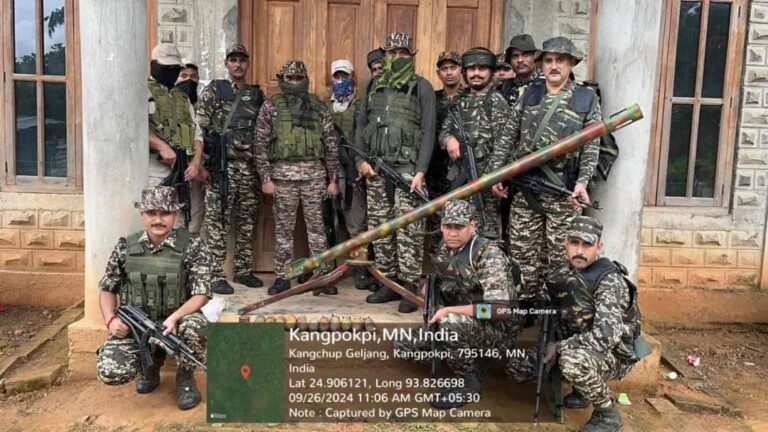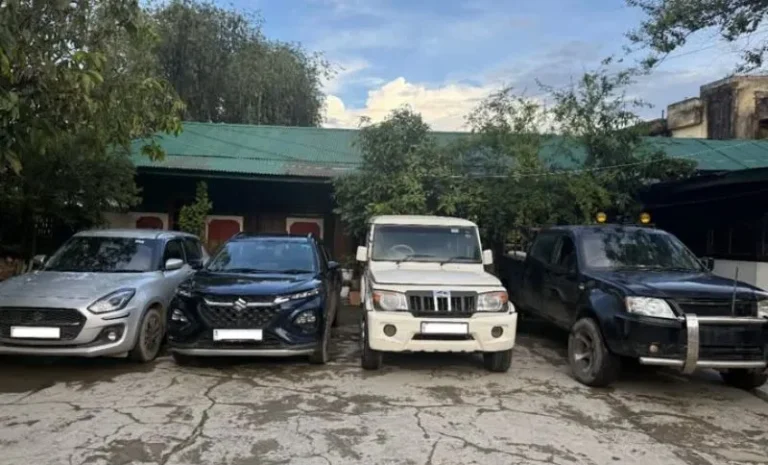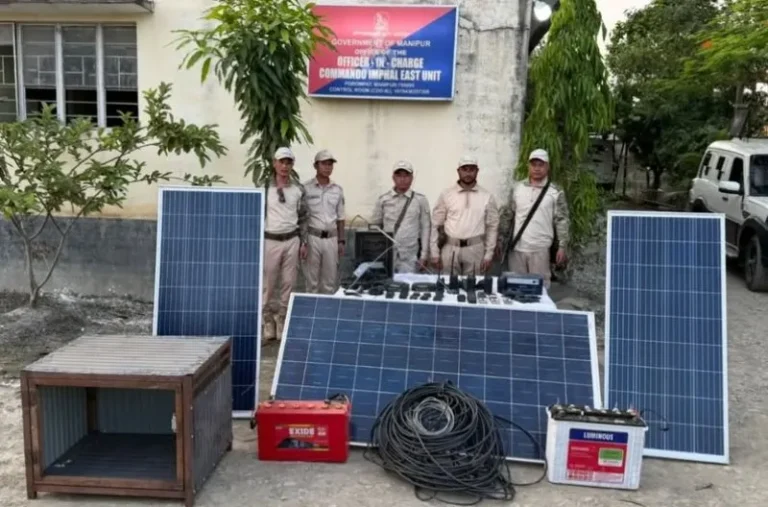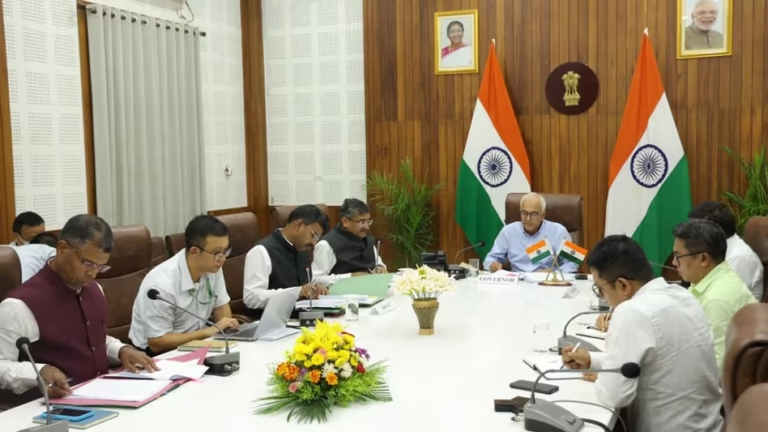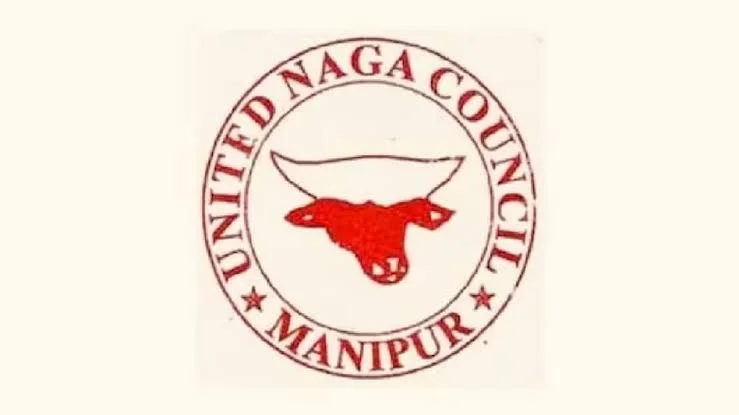Security Forces Recover Arms & Ammunition in Manipur: A Significant Step Towards Peace
News Summary
On January 27, 2025, security forces in Manipur successfully recovered a cache of arms and ammunition during an operation aimed at combating insurgency. The operation, conducted in a strategic area, unearthed a significant amount of weaponry, including rifles, ammunition, and other warlike stores. This development highlights the ongoing efforts of security forces to ensure peace and stability in the region, which has long grappled with insurgency-related challenges. Officials emphasized the importance of such operations in neutralizing threats and fostering a safer environment for citizens.
The Full Story: How Security Forces Recovered Arms in Manipur
Introduction: Manipur’s Fight Against Insurgency
Manipur, a northeastern state with a rich cultural tapestry, has also been a hotspot for insurgency over the decades. The recovery of arms and ammunition by security forces is not just another news headline—it’s a testament to their relentless efforts to restore peace and stability in the region. But what does this operation really mean for Manipur? Let’s dive deeper.
The Operation: A Coordinated Effort
Strategic Planning and Execution
This wasn’t a random operation. Security forces acted on credible intelligence, meticulously planning the raid. The operation targeted an area believed to be a hideout for insurgent groups, known for stashing arms and ammunition for future use.
- What Was Recovered?
The operation led to the recovery of rifles, ammunition, explosives, and other warlike stores. Each item recovered represents a step towards disarming insurgent groups and reducing the threat they pose to civilians and authorities alike. - Why Is This Significant?
Arms recovery operations disrupt the operational capabilities of insurgent groups, making it harder for them to carry out attacks or intimidate local communities.
The Role of Security Forces in Manipur
Collaborative Efforts
The operation’s success wasn’t just due to one unit—it was the result of collaboration between local police, paramilitary forces, and intelligence agencies. This synergy is crucial in a region where insurgent groups often operate in remote and difficult-to-access areas.
Building Trust with Communities
One of the lesser-talked-about aspects of such operations is the relationship between security forces and local communities. In many cases, intelligence is provided by locals who want to see peace restored in their villages. This partnership underscores the importance of trust and collaboration in counter-insurgency operations.
Understanding the Impact of Insurgency in Manipur
A Historical Perspective
Manipur’s insurgency problem isn’t new. It has roots in socio-political grievances, ethnic tensions, and demands for autonomy or independence. Over the years, various groups have emerged, each with its own agenda, but all contributing to the state’s security challenges.
The Human Cost
The impact of insurgency isn’t just felt in terms of security—it affects every aspect of life in Manipur. From economic development to education, healthcare, and tourism, the shadow of insurgency looms large. Operations like this arms recovery are crucial for creating an environment where people can thrive without fear.
The Role of Arms Recovery in Counter-Insurgency
Neutralizing Threats
Every weapon recovered is one less tool for violence. By seizing arms and ammunition, security forces effectively weaken the operational capacity of insurgent groups.
Boosting Morale
Such operations send a strong message—not just to insurgent groups but also to the public. They showcase the commitment of security forces to ensuring safety and upholding the rule of law.
Setting the Stage for Development
Peace and development go hand in hand. With every successful operation, the path for infrastructure projects, investments, and tourism becomes clearer. Manipur has immense potential, and reducing insurgency is key to unlocking it.
Challenges Faced by Security Forces
Difficult Terrain
Manipur’s rugged landscape, dense forests, and hilly terrain make counter-insurgency operations a logistical challenge. Insurgent groups often exploit this geography to their advantage, setting up hideouts in remote areas.
Evolving Tactics
Insurgent groups are adaptive. They often change their strategies, making it crucial for security forces to stay one step ahead. This requires continuous training, better equipment, and reliable intelligence.
Balancing Security and Rights
While combating insurgency, it’s essential to ensure that operations respect human rights and don’t alienate local communities. Striking this balance is a constant challenge for security forces.
The Road Ahead: What’s Next for Manipur?
Strengthening Intelligence Networks
Operations like the recent arms recovery wouldn’t be possible without solid intelligence. Strengthening these networks, particularly at the grassroots level, is crucial for long-term success.
Community Engagement
Building trust with local communities is key. By involving them in the peace process, security forces can gain valuable insights and foster a sense of collective responsibility for the region’s safety.
Focus on Development
Peace and development are two sides of the same coin. By investing in infrastructure, education, and employment opportunities, the government can address some of the root causes of insurgency.
Conclusion: A Step Towards Peace
The recovery of arms and ammunition in Manipur is more than just a tactical win—it’s a beacon of hope for a state striving for peace and progress. While challenges remain, operations like this demonstrate that with determination, collaboration, and community support, a safer and brighter future for Manipur is within reach.
FAQs
- What types of arms and ammunition were recovered in the operation?
The recovery included rifles, ammunition, explosives, and other warlike stores. - Why is arms recovery significant in counter-insurgency efforts?
It disrupts insurgent operations by limiting their ability to carry out attacks or intimidate communities. - How do security forces gather intelligence for such operations?
Intelligence is often gathered through a combination of surveillance, community collaboration, and inputs from informants. - What challenges do security forces face during such operations?
Difficult terrain, evolving insurgent tactics, and the need to balance security with human rights are some of the key challenges. - How can operations like this contribute to Manipur’s development?
By reducing insurgency, these operations create a safer environment, paving the way for infrastructure projects, investments, and tourism.
